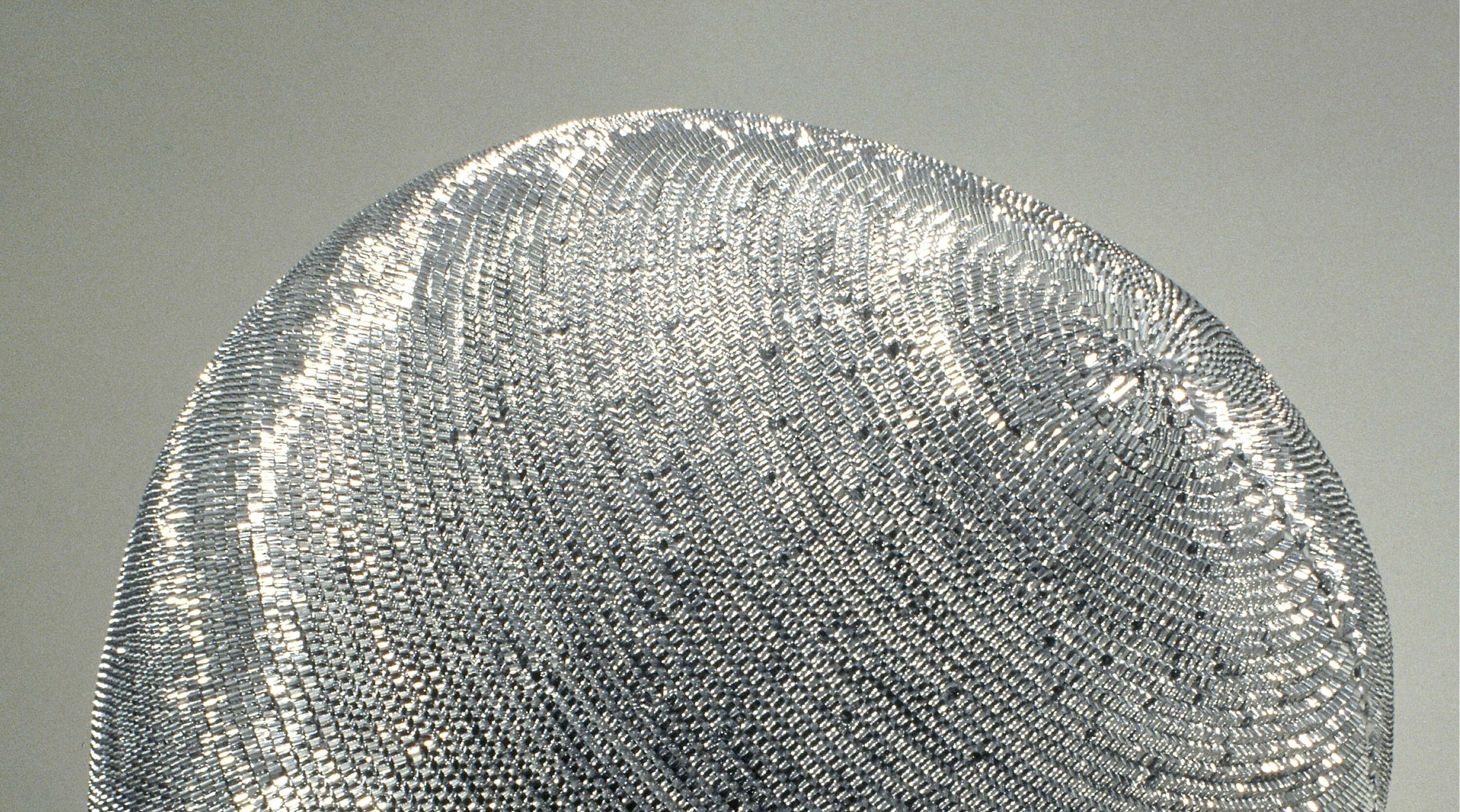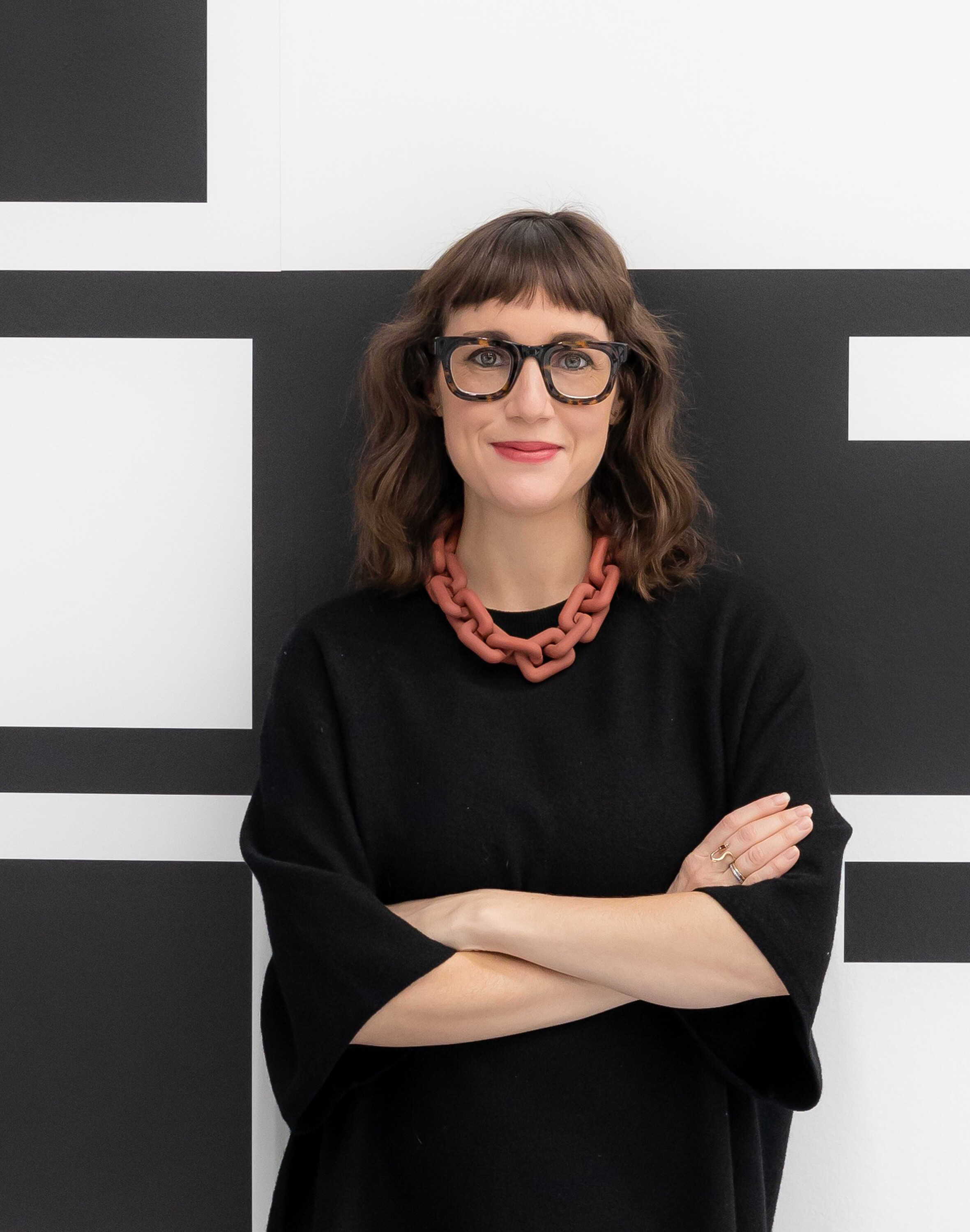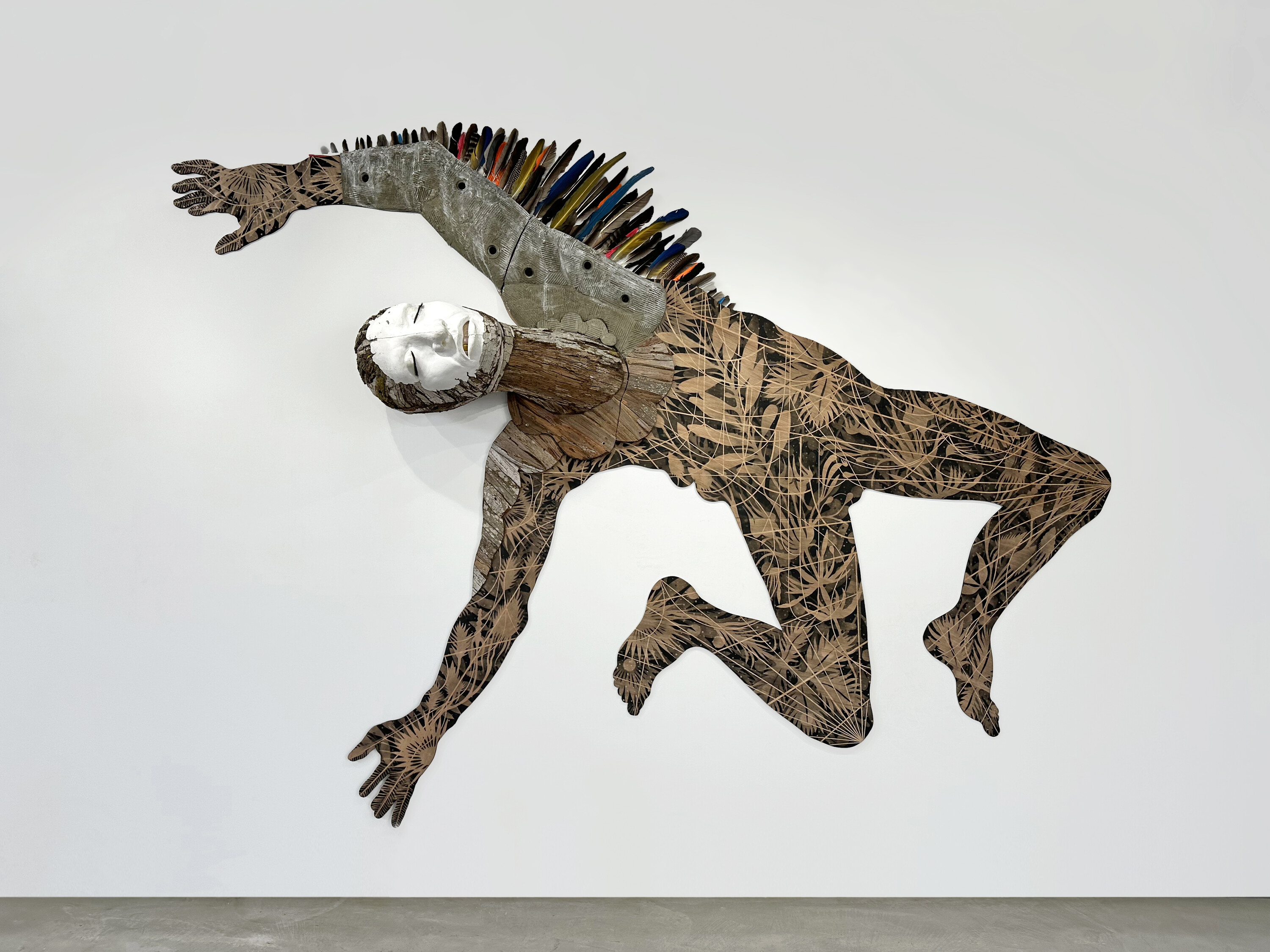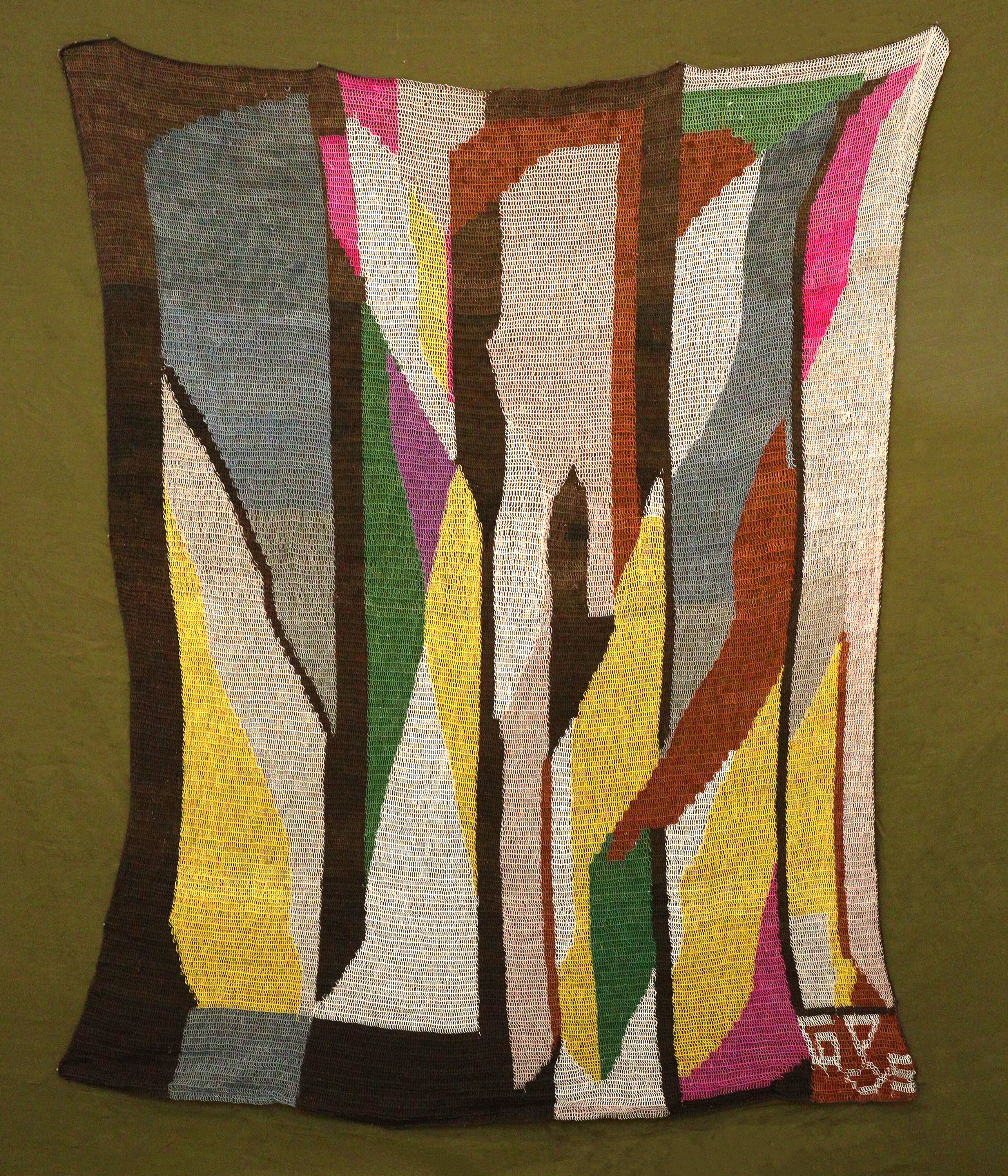
Curated by Robyn Farrell and titled Passages, Focus will engage with the avant-garde histories and experimental spirit of the fair's founding, as well as its namesake, the 1913 Armory Show (International Exhibition of Modern Art).
The 2024 Focus section considers the experimental spirit of the fair’s founding in 1994 at The Gramercy Hotel and the namesake International Exhibition of Modern Art in 1913 at New York City's 69th Regiment Armory. What drew you to this theme?
The Armory Show’s history and its role within New York’s cultural landscape were immediate directions of interest for me. Given that the fair was approaching its thirtieth anniversary, I felt compelled to explore its early years as a starting point for my research. Sifting through fair booklets, photos, and press reviews from the first five years of the fair prompted both my excitement and ambition to use the originating ethos of the fair as the framework for this section. Approaching the platform through this lens informed and inspired a dynamic group of galleries across the world and artists at varying points in their careers. My vision for the presentation includes a selection of work that traverses material, history, and site. Gallerists and/or artists from the early years of The Gramercy Hotel and The Armory Show are touchstones for the section and are in conversation with recent work, and work less-known to art audiences, that underscore the fluid impact of the fair’s three decade history as well as future forms of storytelling and art making. Collaboration, public engagement, and material experimentation were guiding tenets of the inaugural event and are present throughout this year’s Focus program.
How would you say your work as Senior Curator at The Kitchen, as well as your prior position at The Art Institute of Chicago, inform your development of The Armory Show’s Focus section?
The Kitchen is a renowned New York institution that has pioneered creative thought and experimentation since the 1970s. I have spent the last year exploring this history while collaborating with my fabulous colleagues to produce work by the visionaries of today. The Kitchen holds space for that legacy while forging new channels of innovation which produces an openness and flexibility across research, exhibition, and performance. The dexterity required to contextualize historic and contemporary art simultaneously is a practice I crafted while at The Art Institute of Chicago. I found that with any project at the museum, contemporary artists were deeply inspired by the encyclopedic holdings of art history and new work could not exist without learning the stories of others. Passages operates in this way, creating tangible moments of experience and cultural exchange.
What are some of the common thematic threads you’ve found yourself drawn to throughout your curatorial career?
I am drawn to artists and interdisciplinary work that challenge normative roles of an institution and its public, pushing the typical gallery or community space into a forum for political and cultural address. This has also informed my interest in making exhibitions and live programs that subvert typical categories and modes of presentation. Beyond my research interests in media and conceptual art histories and artist networks lies a deep commitment to artist-centered activity. I strive to platform voices and objects of art histories that span media, time, and location. My projects often champion collaborations that bridge discourse and display. The ways in which art circulates through culture is a common thread throughout my curatorial work. The idea of broadcast or exhibition as medium is deeply rooted in my research and have manifested projects in sites that range from museums and community art centers to the internet and highway billboards. I was drawn to the opportunity to curate the Focus section of the Armory Show because I see it as another instance of public address. Meaningful modes of exchange can exist amidst mass culture and consumption.


"I am drawn to artists and interdisciplinary work that challenge normative roles of an institution and its public..."
Have any commonalities emerged in the histories you’ve recently seen artists uncovering or concerning themselves with?
Absolutely. The artists included in this year’s Focus poetically poke and prod at notions of material and artmaking. From ecological resources and systems of labor to Queer experience and postcolonial impact, the works on view break boundaries in both conceptual and physical form. I titled the section Passages because the collection of work creates this overarching narrative on the inequities and joys of contemporary life, but each artist presents their own individualized perspective.
You recently relocated to New York a little over a year ago. What has been most exciting for you about this opportunity to engage with the history of New York’s Art Fair?
I was invited to curate Focus just months after moving here from Chicago. Although I have visited New York countless times over the last two decades, this is my first time living in the city. The opportunity to think deeply about “New York’s Art Fair” and its history aligned with my own experience of assimilating to my new job and home. It offered the chance to better understand the local and global context of the fair and New York art community.
This year, the curated sections of the fair are loosely linked in theme, with Eugenie Tsai curating the Platform section and Lauren Cornell chairing the Curatorial Leadership Summit. Has this link influenced your research in curating the section?
When Eugenie, Lauren, and I first met about the fair, our plans for each section were not fully set but we shared this collective interest in the reciprocal relationship between the past and the present. It has been exciting and inspiring to discover the linkages across our programs and absolutely encouraged my research and direction of focus with Passages and my ambition to produce a space for alternative narratives, overlooked histories, and cross-disciplinary expression.
What do you hope visitors will take away from experiencing these works?
I hope visitors experience Focus as a site of engagement where one can look back to the past, live in the present, and contemplate the future. The ambition of the platform offers a chance to view art not as a set of static works but as a synergy of thought and action.

Robyn Farrell is Senior Curator at The Kitchen in New York where she organizes and oversees exhibitions, publications, live and online programming. Before The Kitchen, Farrell was an Associate Curator in the Department of Modern and Contemporary Art at the Art Institute of Chicago, where she served on the curatorial teams for fifty projects including career surveys with Barbara Kruger (2021) and Gregg Bordowitz (2019). Farrell holds an MA in Art History from the School of the Art Institute of Chicago where she has served as a visiting lecturer and moderator for the Gene Siskel Film Center.
